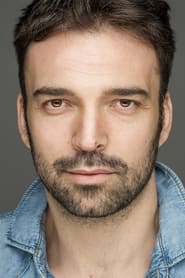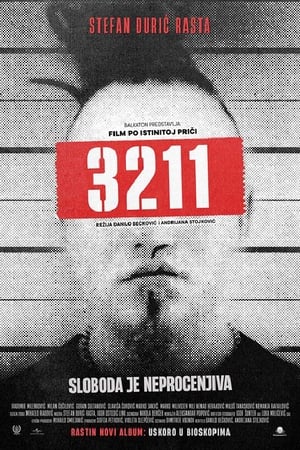
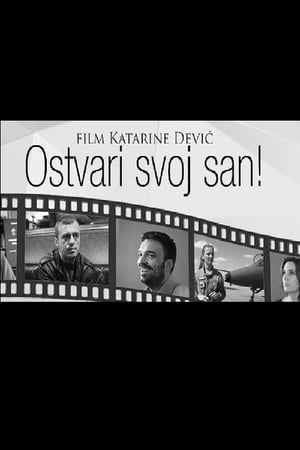
Make It Happen(2013)
The film features intertwined scenes of young dance troupes' performances and scenes where famous Serbian actors, artists and athletes speak out to young people, in order to inspire them to by their own example to chase after and fulfill their lives' dreams. The 34 minute long film is fast paced and shows different types of dances at several key locations in Belgrade, Serbia. The performances are cut by the interviews with the artists and athletes, addressing the viewer, who talk about their beginnings and the road to success. The third segment of the film are young people, transitioning into adulthood, who talk about what their own dreams are. The idea that the film "Fulfill your dream!" carries is to show young people, through the movie itself, through the testimonies of successful artists and athletes, and finally through the example of the author, that it is possible to start an independent career, thanks to their creativity, ambition and perseverance.
Movie: Make It Happen
Top 10 Billed Cast
Himself
Herself
Himself
Himself
Himself
Himself
Herself
Himself

Ostvari svoj san
HomePage
Overview
The film features intertwined scenes of young dance troupes' performances and scenes where famous Serbian actors, artists and athletes speak out to young people, in order to inspire them to by their own example to chase after and fulfill their lives' dreams. The 34 minute long film is fast paced and shows different types of dances at several key locations in Belgrade, Serbia. The performances are cut by the interviews with the artists and athletes, addressing the viewer, who talk about their beginnings and the road to success. The third segment of the film are young people, transitioning into adulthood, who talk about what their own dreams are. The idea that the film "Fulfill your dream!" carries is to show young people, through the movie itself, through the testimonies of successful artists and athletes, and finally through the example of the author, that it is possible to start an independent career, thanks to their creativity, ambition and perseverance.
Release Date
2013-11-19
Average
3
Rating:
1.5 startsTagline
Genres
Languages:
SrpskiKeywords
Similar Movies
 4.2
4.2Coach Zoran and His African Tigers(en)
Documentary following Serbian football coach Zoran Đorđević as he helps form South Sudan's first national football team.
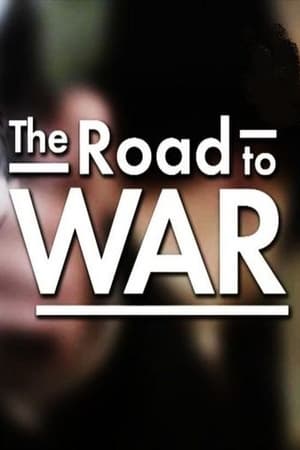 0.0
0.0The Road to War (The End of an Empire)(en)
"The Road to War" uses elaborate and fascinating computer-generated recreations and archives never seen before to examine how the assassination of Archduke Franz Ferdinand in 1914 was used by the Austro-Hungarian Empire to start a war against Serbia. The film investigates how this regional conflict involving the Central Powers and the Triple Entente escalated to become "World War I", a war with more than 17 million dead and More than 20 million injured.
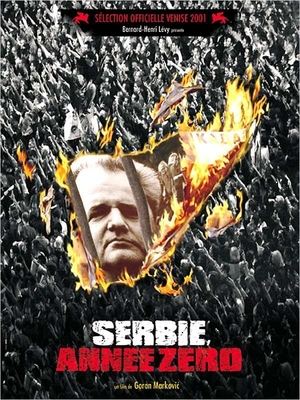 3.5
3.5Serbia, Year Zero(fr)
Documentary that follows events after the fall of Slobodan Milosevic, while looking back on the previous fifteen years, tracing his rise to power. Personal testimony alternates with analysis of a disintegrating society.
Invisible Nation(sr)
A documentary about vivid punk and alternative rock scene of Subotica, the northernmost Serbian city, through the periods of communism, tyranny of the 1990s regime, and economic transition at the beginning of XXI century. Seen through the eyes of its witnesses, these musicians and creative artists deliberately refused the imposed way of behavior, hence staying "invisible" to everyday people.
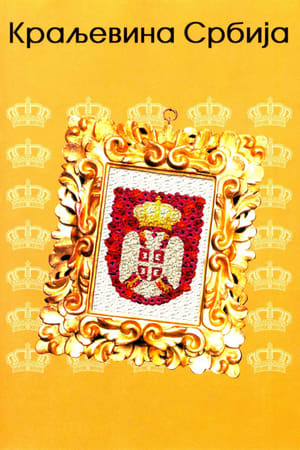 8.0
8.0The Kingdom of Serbia(sr)
A documentary re-enactment of the last few hundred years in Serbian history.
 5.2
5.2The Return of the Victorious Serbian Army(sr)
At the beginning of Sumadijska street in the vicinity of Slavija Square on the 11th August 1913, the Serbian victorious army from the Second Balkan War led by the Crown Prince Alexander Karadjordjevic was given a huge welcome by the highest military and political authorities of Serbia and Belgrade, representatives of civil organizations and national institutions, as well as several tens of thousands of people from Belgrade, Serbia and Vojvodina.
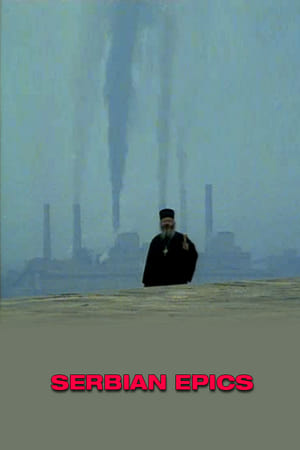 5.5
5.5Serbian Epics(en)
Paul Pawlikowski's award-winning documentary on life behind Serbian lines in Bosnia. The film observes the roots of the extreme nationalism which has torn apart a country and provides a chilling examination of the dangerous power of ancient nationalist myths.
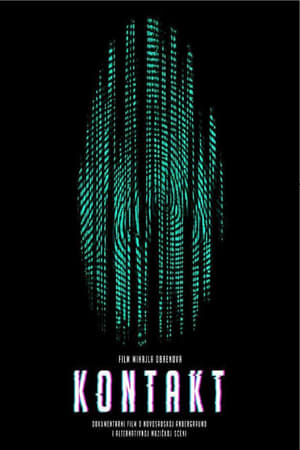 0.0
0.0Contact(sr)
A documentary on alternative music scene of Novi Sad (Serbia) that covers the period between 1989 and 2017.
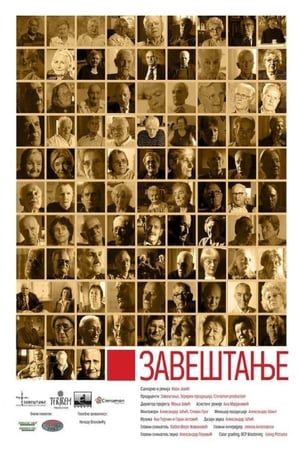 0.0
0.0Legacy(sr)
In this film the last living witnesses of the events from Second World War are telling their stories and thus transferring silenced victim’s voices to present times.
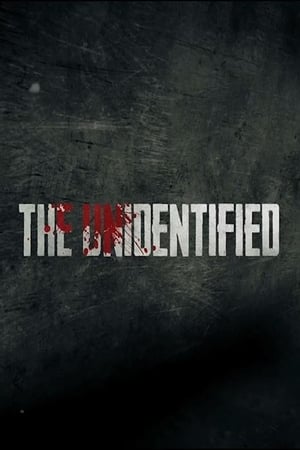 0.0
0.0The Unidentified(bs)
The Unidentified is a feature-length documentary which reveals who were the commanders responsible for some of the most brutal attacks of the Kosovo war. The result of a two-year-long investigation, the documentary names the officers who ordered attacks on villages in the area around the town of Pec during the 1999 war and those who were involved in the removal of victims’ bodies to mass graves at the Batajnica police centre near Belgrade in Serbia. Sixteen years after they committed the crimes, they live peacefully in the Serbian capital, and despite the evidence that exists, they have not been prosecuted.
Flotel Europa(da)
When this film’s director was still a boy, he stood in front of “Flotel Europa“ and was hugely excited about the prospect of this gigantic ship moored in the port of Copenhagen becoming a new home for him, his mother and his older brother. Together with about 1000 other refugees from the former Yugoslavia, they started life anew on the ship.
Mica and Stories Around Her(sr)
Milica Ostojic (aka Mica Trofrtaljka or Mica Davorika), a singer from Milicevci near Cacak (Serbia) by singing the song "Davorike, dajke" became a big star of new underground music in the seventies in former Yugoslavia. Forgotten for years, she returned to the scene in the film "Pretty Village, Pretty Flame", saying the historical sentence: "Shut up mate, erotica".
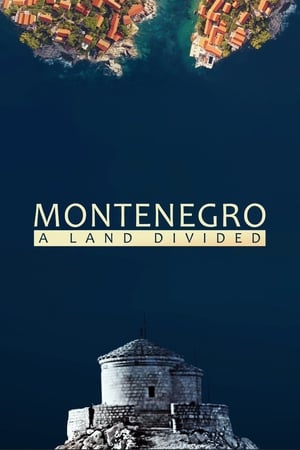 6.0
6.0Montenegro: A Land Divided(sr)
Montenegro is the newest European country with a proud history, one that is being falsified for current political purposes, thus creating an alternative identity. In a nation where it possible for two brothers to claim different ethnic backgrounds despite having the same parents, everything is on the table: language, church, democracy. Can the truth set Montenegro free?
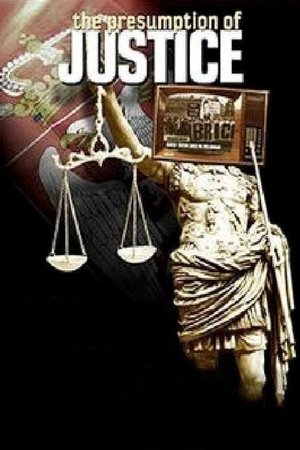 3.0
3.0The Presumption of Justice(en)
Through the socio-political overview of the problematic structure of fan clubs and football supporters in Serbia, this movie focuses on a particular case of an incident involving a French citizen - football fan in Belgrade, which led to 12 young people being convicted to 240 years of prison. One of them is Stefan Velickovic. This is the story about the man who became a part of a huge political scandal, and his right to defend himself. As someone who has not even been at the spot of the incident, he has been pronounced guilty of a crime. What are the interests and intentions for making Stefan a scapegoat?
 5.8
5.8The Coronation of King Peter I of Serbia(sr)
Belgradian parades and everyday street scenes.
The Calvary of Serbia(sh)
Still regarded as the best Serbian documentary film account of WW1 ever, it gathers all the available footage of Serbia's army, its battles on the home ground, its refuge on the island of Corfu, its victorious offensive on the Thessaloniki Front and the return to the homeland. The original documentary footage from 1915–1918 was somewhat supplemented in a small measure with some staged reenactments of Serbian army retreating over Albania, and later liberation of Belgrade. The first version of this documentary epic was shown in 1930 under the title "For the Honour of Homeland". Andrija Glisic and Zarija Djokic later made a new sound version of the previous silent movie and renamed it "Fire Over the Balkans".
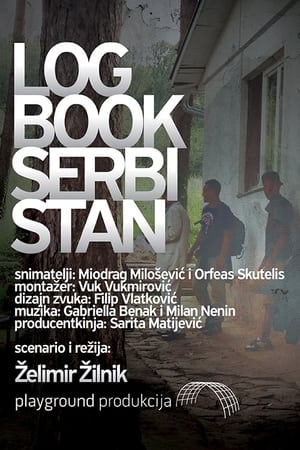 5.2
5.2Logbook_Serbistan(sr)
Illegal immigrants and asylum seekers in Serbia, placed in asylum centers after their dramatic journeys from war-torn and poverty-stricken areas of North Africa, Near and Middle East go through a period of adaptation to life and social circumstances in Serbia. In most cases, however, their goal is to reach one of the EU countries. Docu-drama is a space for them to, beside the socio-political context in which they found themselves, show their individual values, becoming heroes that viewers can identify with and whose destiny and struggle they can understand.
Belgrade: Life or Death(sr)
The film follows a famous model and stylist Maja Atanasijević in her lonely, but intense struggle to bring back forgotten values of a city.
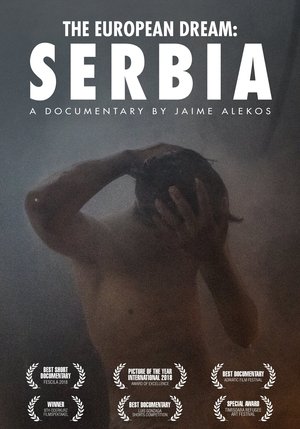 6.0
6.0The European Dream: Serbia(es)
“The European Dream: Serbia” is an investigative documentary by journalist Jaime Alekos about the tortures of Hungarian police to the refugees and migrants they catch trying to cross their border and the harsh living conditions in which they survive in Serbia awaiting an opportunity to enter the EU.
